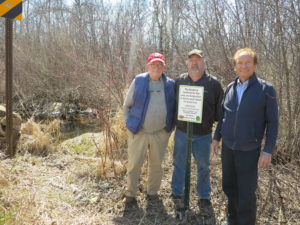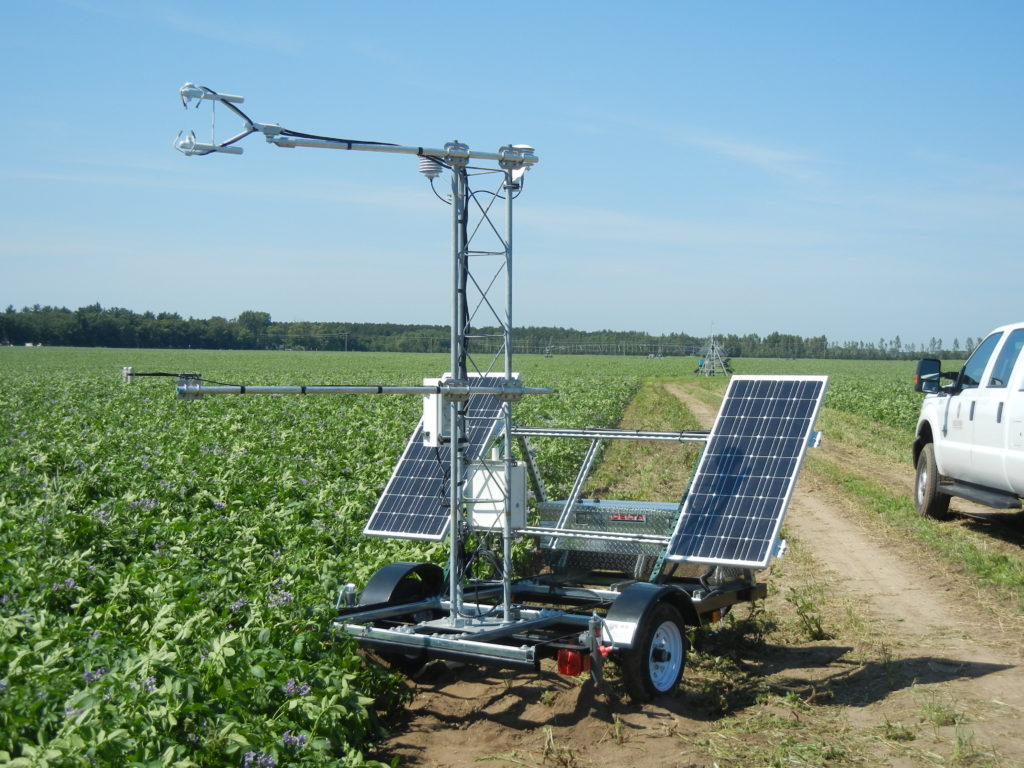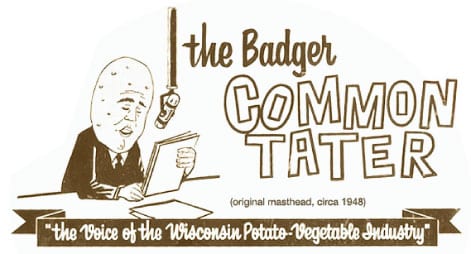Water quantity and quality issues remain top priorities
By Tamas Houlihan, WPVGA Executive Director

With the recent release of the Department of Natural Resources (DNR) Central Sands Lakes Study and the on-going process of the NR151 rule revisions related to nitrates in groundwater, the Wisconsin Potato & Vegetable Growers Association (WPVGA) is clearly focused on water issues.
I am happy to report that the WPVGA continues to collaborate with multiple stakeholders to achieve sustainable groundwater quantity and quality.
Wisconsin’s Central Sands region remains one of the most productive irrigated vegetable areas in the United States with top three rankings for potatoes, sweet corn, green beans, peas, carrots, beets for canning and cabbage for kraut.
We are also a top-10 producer of onions and cucumbers for pickles. This production, which is valued at nearly $6 billion annually, would not be possible without irrigation.
At the same time, concerns have been raised over the potential impact of irrigated agriculture on the groundwater aquifer and surface waters of the Central Sands.
In response, the WPVGA continues to bring together the people, organizations and expertise to foster the sustainable use of water resources. It is an example of collaboration involving state agencies, University of Wisconsin (UW) research scientists and the agriculture industry.
Voluntary conservation practices, groundwater monitoring, state-of-the-art technology and applied research are the focal points of the WPVGA’s efforts.


